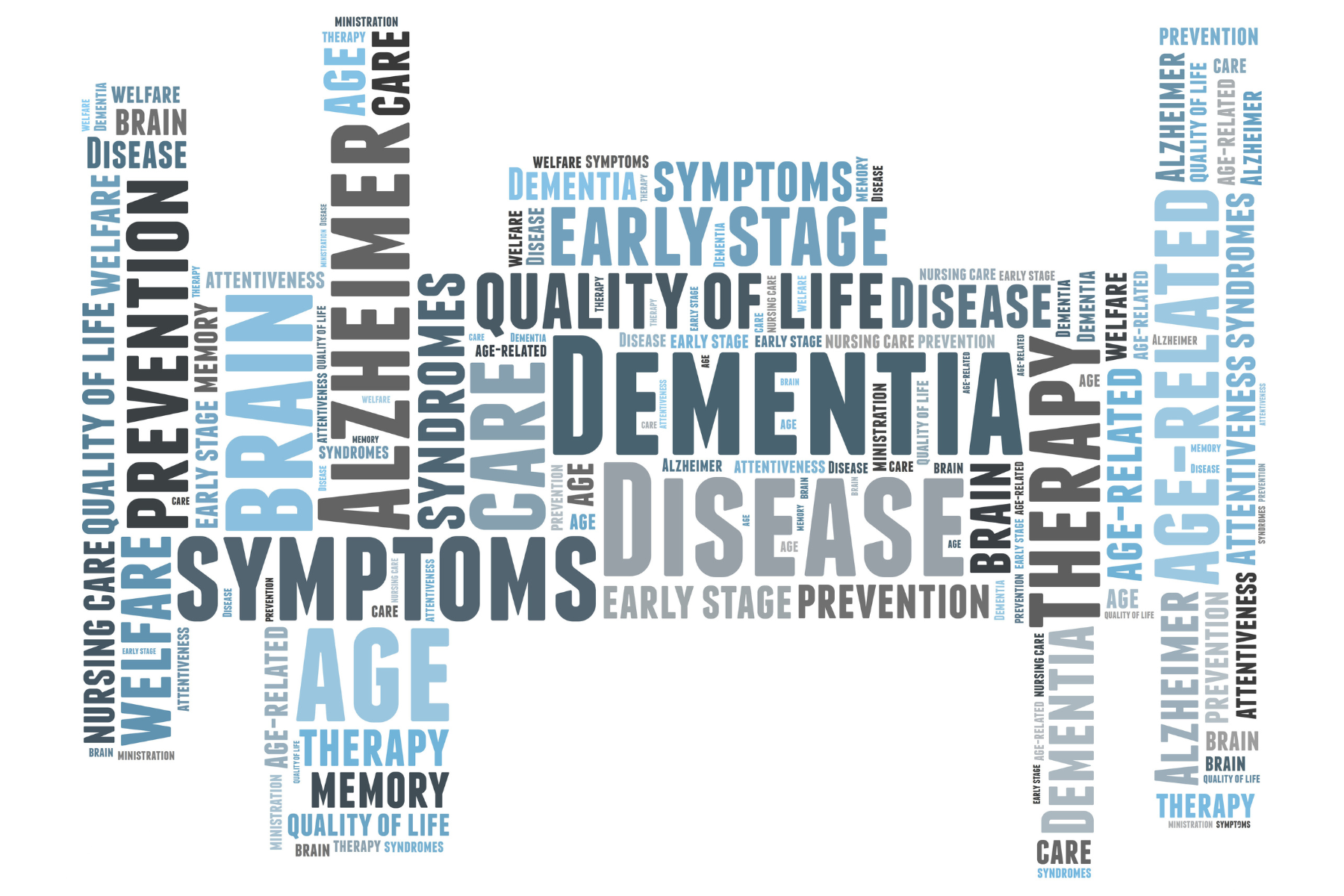What Is the Difference Between Alzheimer’s and Dementia? Causes and How Diet Protects Your Brain
Many people use the words Alzheimer’s and dementia as if they mean the same thing. They don’t. Understanding the difference matters because it helps us see what drives these conditions and what we can do to protect our brains.
Dementia: The Umbrella Term
Dementia is not one single disease. It’s a general term used to describe a decline in memory, reasoning, language, and other thinking skills that interfere with daily life. Causes include:
Alzheimer’s disease
Vascular dementia (from poor blood flow to the brain)
Lewy body dementia
Parkinson’s-related dementia
Frontotemporal dementia
Alzheimer’s: The Leading Cause of Dementia
Alzheimer’s is the most common form of dementia, accounting for 60 to 80 percent of cases. It is marked by the buildup of abnormal proteins in the brain, called amyloid plaques and tau tangles. These damage nerve cells, shrink brain tissue, and lead to progressive memory loss, confusion, and eventually loss of independence.
The Role of Insulin Resistance
A key driver of Alzheimer’s is insulin resistance in the brain. This means brain cells can no longer respond properly to insulin and fail to use glucose for energy. When neurons are starved of fuel, they degenerate. This is why many scientists call Alzheimer’s “type 3 diabetes.”
Other dementias also have links to insulin resistance:
Vascular dementia develops when high blood sugar and metabolic dysfunction damage blood vessels, reducing oxygen and nutrients to the brain.
Mixed dementias often combine Alzheimer’s changes with vascular damage, both fueled by poor metabolic health.
While not every form of dementia begins with insulin resistance, metabolic dysfunction almost always makes symptoms worse.
Protecting Your Brain Through Diet
The hopeful news is that lifestyle choices make a real difference. Insulin resistance is not inevitable. You can protect your brain by improving your metabolic health. Research shows:
Limiting refined carbs and sugar helps stabilize blood glucose and insulin levels.
Eating nutrient-dense whole foods supports brain function and lowers inflammation.
Diets that lower insulin resistance, such as low-carb or ketogenic diets, provide ketones as an alternative brain fuel. Studies show the brain often runs more efficiently on ketones than glucose, with less oxidative stress.
Takeaway
Dementia is the broad category.
Alzheimer’s is a specific disease, the most common cause of dementia.
Insulin resistance is central to Alzheimer’s and contributes to other dementias as well.
Protecting your brain begins with protecting your metabolism, and the foundation is diet. Reducing sugar, processed foods, and excess carbohydrates gives your brain the fuel and environment it needs to stay sharp for longer.
Disclaimer: The content shared here is for informational and educational purposes only and should never be taken as medical advice.
In writing this blog post, my goal is to distill research findings into a clear, approachable format that encourages critical thinking and empowers you to make informed decisions about your health.

